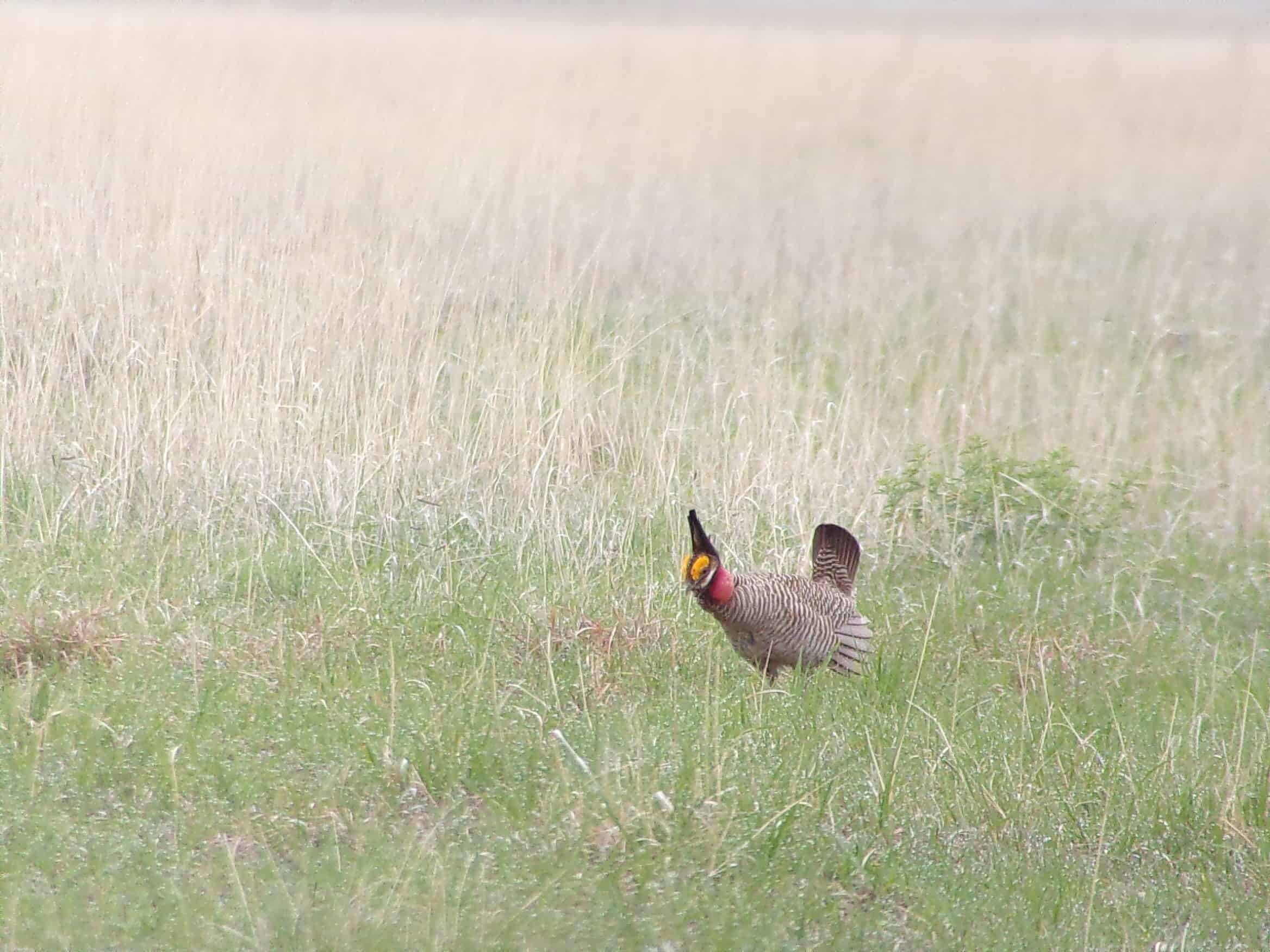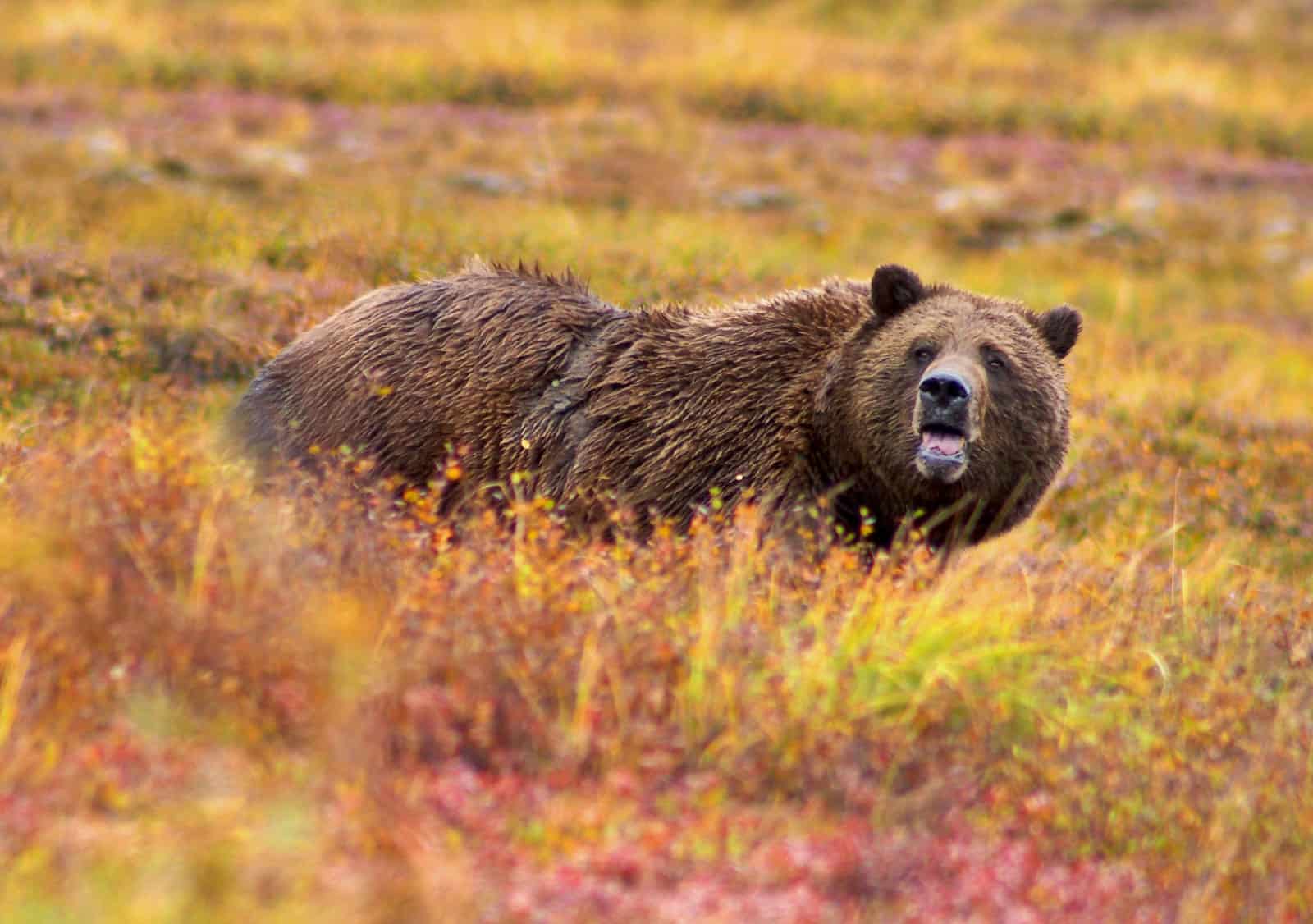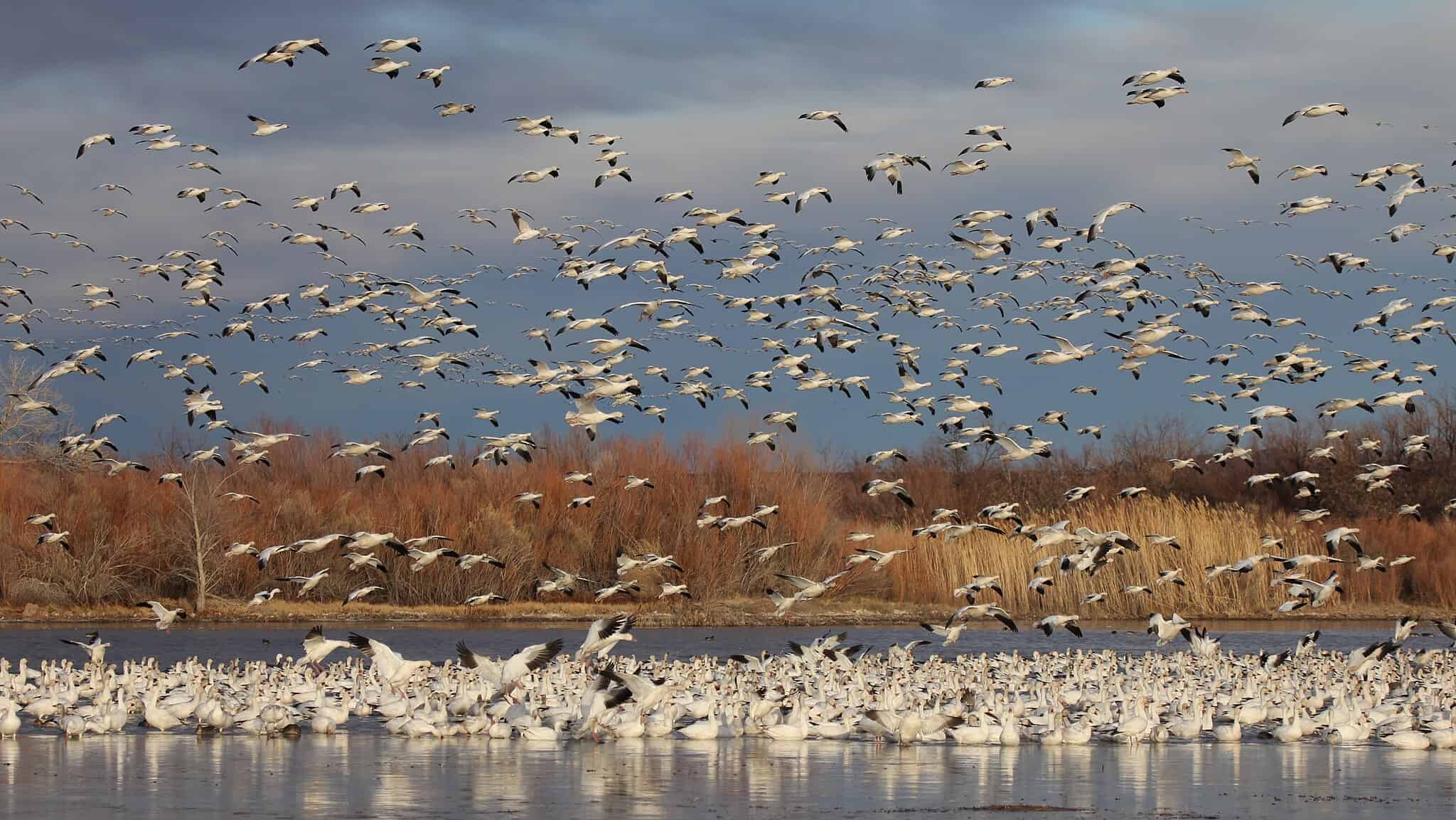Share this article
Wildlife Featured in this article
- Lesser prairie-chicken
- Northern long-eared bat
Biden vetoes efforts to strip protections for lesser prairie-chickens, northern long-eared bats
The vetoes maintain ESA protections for the two species
President Joe Biden vetoed two joint resolutions Tuesday that would have stripped Endangered Species Act protections from the recently listed lesser-prairie chicken and northern long-eared bat.
Each measure “would overturn a science-based rulemaking that follows the requirements of the law, and thereby undermines the ESA,” Biden said in announcing the vetoes.
S.J.Res. 9 sought to remove ESA protections from the lesser-prairie chicken (Tympanuchus pallidicinctus). The GOP-backed resolution passed the Senate on May 3 with a 50-48 vote. The vote fell mostly along party lines, with a swing vote from West Virginia Democrat Sen. Joe Manchin. The resolution passed in the House in late July with a 221-206 vote, including four votes from Democrats in states with lesser prairie-chicken populations.
Once occupying 100 million acres across the U.S., the lesser prairie-chicken has dwindled by 97%, mainly due to habitat loss and fragmentation. With fewer than 30,000 individual birds remaining in the wild, mostly in Kansas, the lesser prairie-chicken was listed as endangered in late March. The listing decision faced an immediate backlash, with Kansas lawmakers leading the push to reverse it.
“The lesser prairie-chicken serves as an indicator for healthy grasslands and prairies, making the species an important measure of the overall health of America’s grasslands,” President Biden said in his statement.
On May 11, the Senate passed S.J.Res. 24, which would have stripped ESA protections from the northern long-eared bat (Myotis septentrionalis). Also a GOP-led resolution, S.J. Res. 24 passed a Democratic Senate with a 51-49 vote, with votes from Democrats Joe Manchin and Amy Klobuchar, of Minnesota. The House passed the resolution in late July with a vote of 220-209, including two Democrats voting in favor. During a hearing, Rep Ralph Norman, R-S.C., said he hoped white-nose syndrome “wipes them all out.”
The fatal fungal disease has decimated northern long-eared bat numbers, reducing their numbers by 97%. The species’ endangered listing status was finalized in late March following a USFWS decision to reclassify the species from its previous threatened status in late 2022.
“Bats are critical to healthy, functioning ecosystems and contribute at least $3 billion annually to the United States agriculture economy through pest control and pollination,” Biden said in a separate statement.
“If enacted,” Biden said, the resolution “would undermine America’s proud wildlife conservation traditions and risk extinction of the species.”
Biden’s move follows up on his announcement in May that he intended to veto both resolutions. Since the two measures lack the votes to override a presidential veto, ESA protections for the species will likely remain for the foreseeable future, although opposition to the listings is expected to continue.
Header Image: A male lesser-prairie chicken appears on its breeding grounds in southeastern Colorado. Credit: Tom Klein








